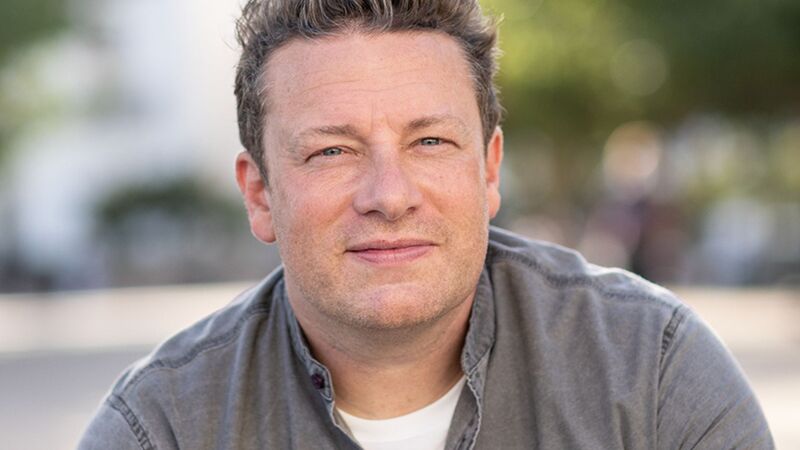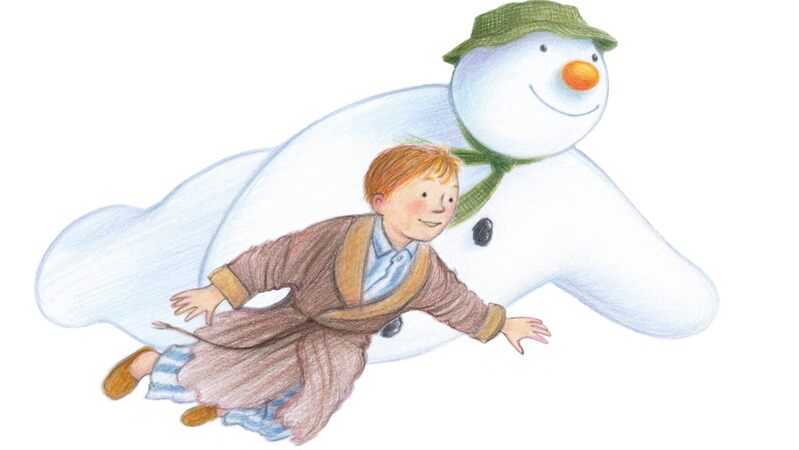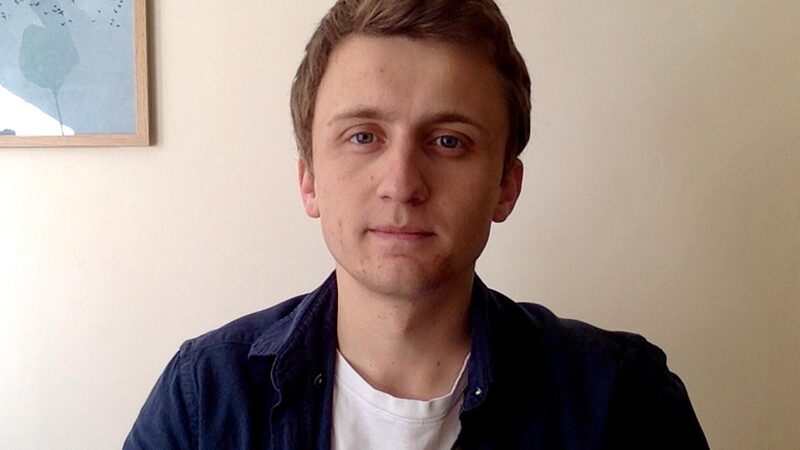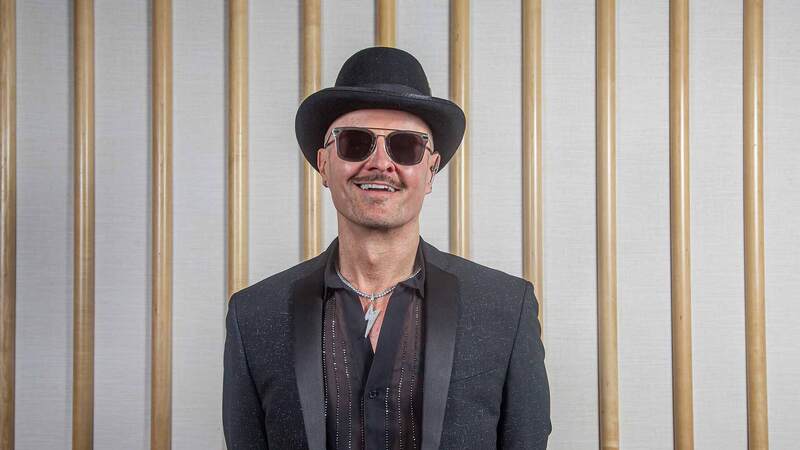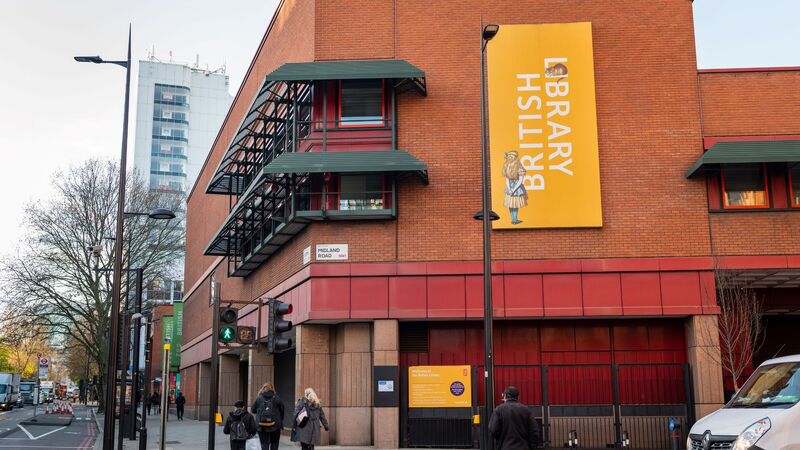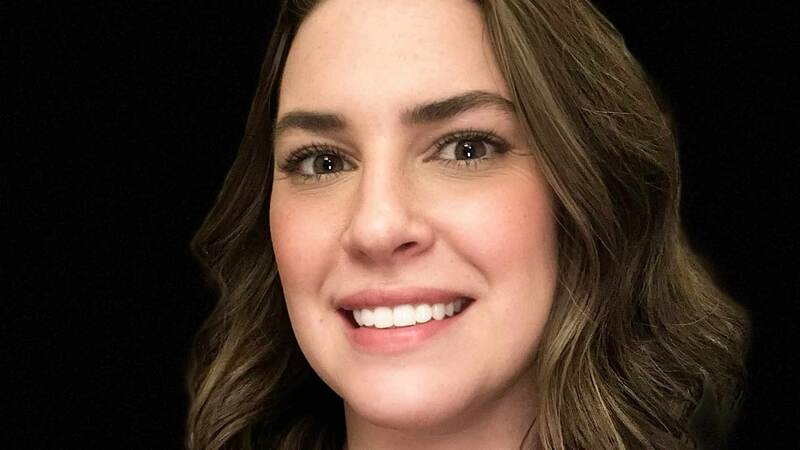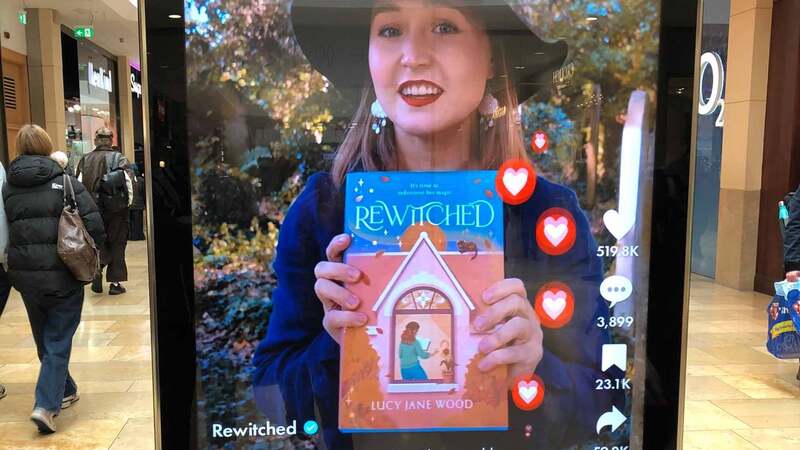You are viewing your 1 free article this month. Login to read more articles.
Quid pro quo
I am often perceived to be “anti- publisher”, but the truth is that I am simply pro “quality books being enjoyed by readers”, and I truly believe that good relations between author and publisher (or author and publishing suppliers, in the indie world) are critical in achieving this. The truth is, genuine collaboration is not what happens in a traditional deal. The “marketing” conversation is a prime example.
Writers are still desperate for that golden ticket. I know, because I speak to them all the time. I’ve published my own novels, I’ve been part of an indie collaborative publishing house and I’ve lived the “dream” that is the traditional publishing contract. I talk about the different models and often, after a five-hour session on what it takes to self-publish professionally, the question you are asked is: “So, how do I get a traditional deal?”
What worries me is the attitude of these authors, who look forward to reaping the rewards of their deal with the mighty, all-powerful publishing house. To them, the deal is the endgame. Their job is done, they believe, before they have sold a single copy. Of course, their job is far from done. These days it is not enough for an author to come with a stellar first book; they need to work just as hard at the marketing as they did in writing the book. But you know what? When I share this reality with writers, they don’t believe me.
Marketing is falling down the gap between publisher and author, because the writer thinks the publisher will do it and, frankly, the publisher does little to dispel this illusion until crisis point. This is not a problem we see in the indie world, because there is no gap. The author is the publisher and they know damn well that promotion is their responsibility.
How about publishers and authors talk—I mean really talk, honestly and openly, about target market, strategy, promotional channels, positioning, angles, responsibilities and (God forbid) budgets—before the deal is struck? Authors will value the conversation and be far more receptive when the time comes to leverage that Twitter fanbase. Authors are surprisingly good at teamwork when they have the respect of their teammates . . . and you might find that the collective effort is greater than the sum of its parts.
Polly Courtney is an independent author





